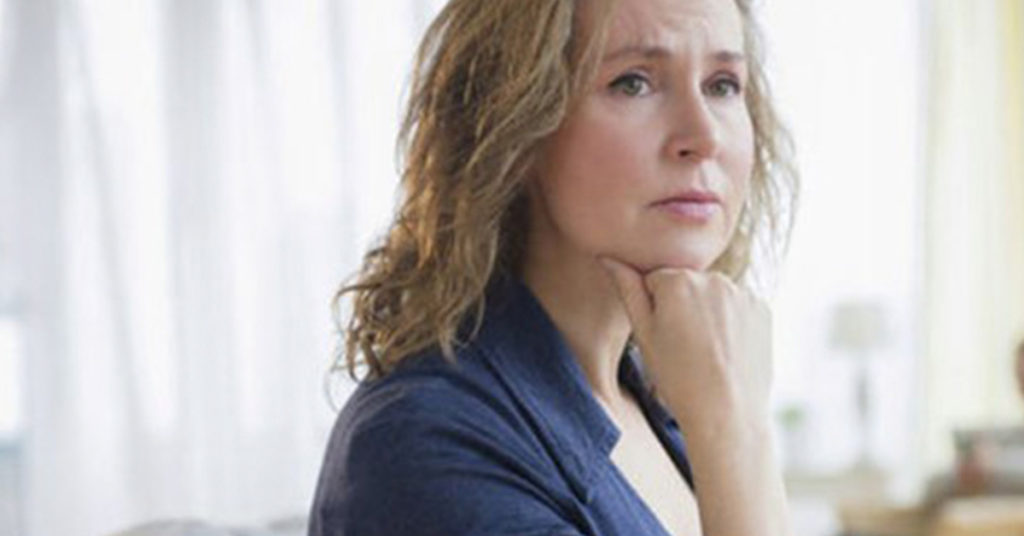Your children will always be your babies, whatever their age. When a child is small the worry may be that they’re not getting enough protein, or that they’ll trip and hurt themselves at the playground. As a child grows up the worry switches to good grades, and college applications. You will always worry about their well-being, and you’re not alone in this. In fact, a recent study shows that many parents are still worrying and losing sleep over their adult children. Whether you’re “empty nesters” or not, this is something to prepare for now!
Parents Still Spend Nights Worrying About Their Adult Children
Amber J. Seidel of Penn. State University conducted a study to analyze the relationship between parents’ worry over their children and their sleep patterns. She found that parents continue to stress about their adult children long after they’ve grown up.
Seidel tells CBS News: “I feel that many share this value, yet I think much of the socialization in our culture focuses on the family when children are younger. I seek to study topics that help us understand how family continues to be a central part of our lives throughout adulthood, and I encourage considering family-level influences in all situations.”[1]
The study was published in the journal, The Gerontologist, and featured 186 heterosexual, middle-aged married couples from the Family Exchanges Study. The goal was to find the answer to three major questions:
- How much support they offer
- Their level of stress
- How much sleep they are getting.

The couples were first asked to report how much support they offered their adult children on a scale of 1-8. One represented daily, and eight represented less than once a year or not at all. The definition of support was widespread, ranging from companionship to financial assistance.
Next, the husbands and wives used a scale of 1 (not at all) to 5 (a great deal) to rate how much they worry about their children and how stressed they were from helping their adult children.
Finally, the couples were asked to report how many hours of sleep per night that they received. The wives reported an average of 6.66 hours, and the husbands 6.59[2].
The Verdict: Parents Still Stress About Adult Children
The results surprised the researchers. They showed that the relationship with adult children could have different effects on middle-aged men’s and women’s sleep quality. While the sleep quality of the husband was affected by the stress of giving support, anxiety about the support is what interrupted the wife’s sleep quality[2].
Good quality sleep is essential in maintaining a healthy body and mind. The reduced sleeping-hours that child-induced stress provides can be very detrimental to parents. Sleep deprivation can negatively affect learning, memory, mood, and reaction time.
It is important that all parents, whether they have young kids or adult children with their own kids, work on healthy coping mechanisms so that they, too, can get a quality night’s sleep.
Seidel adds, “It is important to remember that having stress present in our lives is not the problem. It’s the inability to cope in healthy ways with the stress that is problematic and may lead to immune suppression.”[1]
Don’t Worry Be Happy: Dealing with Stress
When it comes to your kids, worrying may be a constant pillar, but it doesn’t need to take over your life. Whether you’re “empty nesters” or your kids are still living at home, follow these tips from the Anxiety and Depression Association of America, and you will start to feel some of that stress melt away so that you can catch more of those zzz’s every night.
Eat Well-Balanced Meals
Maintaining a healthy diet will keep your body and mind clear, which will help you to sleep at night. Don’t skip a meal and keep an energy-boosting snack on hand.
Exercise Daily
Exercising will help you to feel good, and it will lead to a healthier lifestyle. Plus, you’ll be so tired from exercising that you’ll fall asleep as soon as your head hits the pillow!
Give Back to the Community
Volunteer in your community, or find ways to get involved in a group. Being connected to others will give you a break from everyday stress and leave you with an uplifted spirit and a sense of purpose other than supporting your child.
Talk to Someone
Talk to someone about your thoughts and feelings. You don’t need to always use your adult children or partner as an outlet for your feelings. Instead, talk to a friend, join a support group, or speak with a counselor to let your feelings out.
Take a Timeout
Take some time to do the things that you love, like reading a book, listening to music, or getting a massage. Taking a step away from the problem will allow you to clear your head.
Limit Alcohol and Caffeine
Alcohol and caffeine can aggravate anger, increase anxiety, and trigger panic attacks. Cutting back on these drinks will help your anxiety levels drop, and your general health will improve.
Write in a Journal
A journal is a safe space for you to write your feelings without the risk of hurting or offending anyone. In it, you are free to express yourself in whatever way you need. Write a long rant, doodle, or scribble four pages of inspirational quotes. Whatever it is that you need to feel better, write it down! Get your thoughts out of your head and onto paper.
It’s okay if you feel worried about your children, they are your babies after all, but don’t let that stress take over your life. Continue to grow positive and healthy relationships with your children, no matter what age they are. Your kids will thank you for it.
Sources
- “Parents Still Losing Sleep Worrying About Adult Children, Study Confirms.” Health Spirit Body. August 16, 2017.
- “Are You Sleeping? Dyadic Associations of Support, Stress, and Worries Regarding Adult Children on Sleep.” Academic. Amber J. Seidel, PhD, et al. September 27, 2017.
- “What would happen if you didn’t sleep? – Claudia Aguirre.” Youtube. TED-Ed. November 12, 2015.

